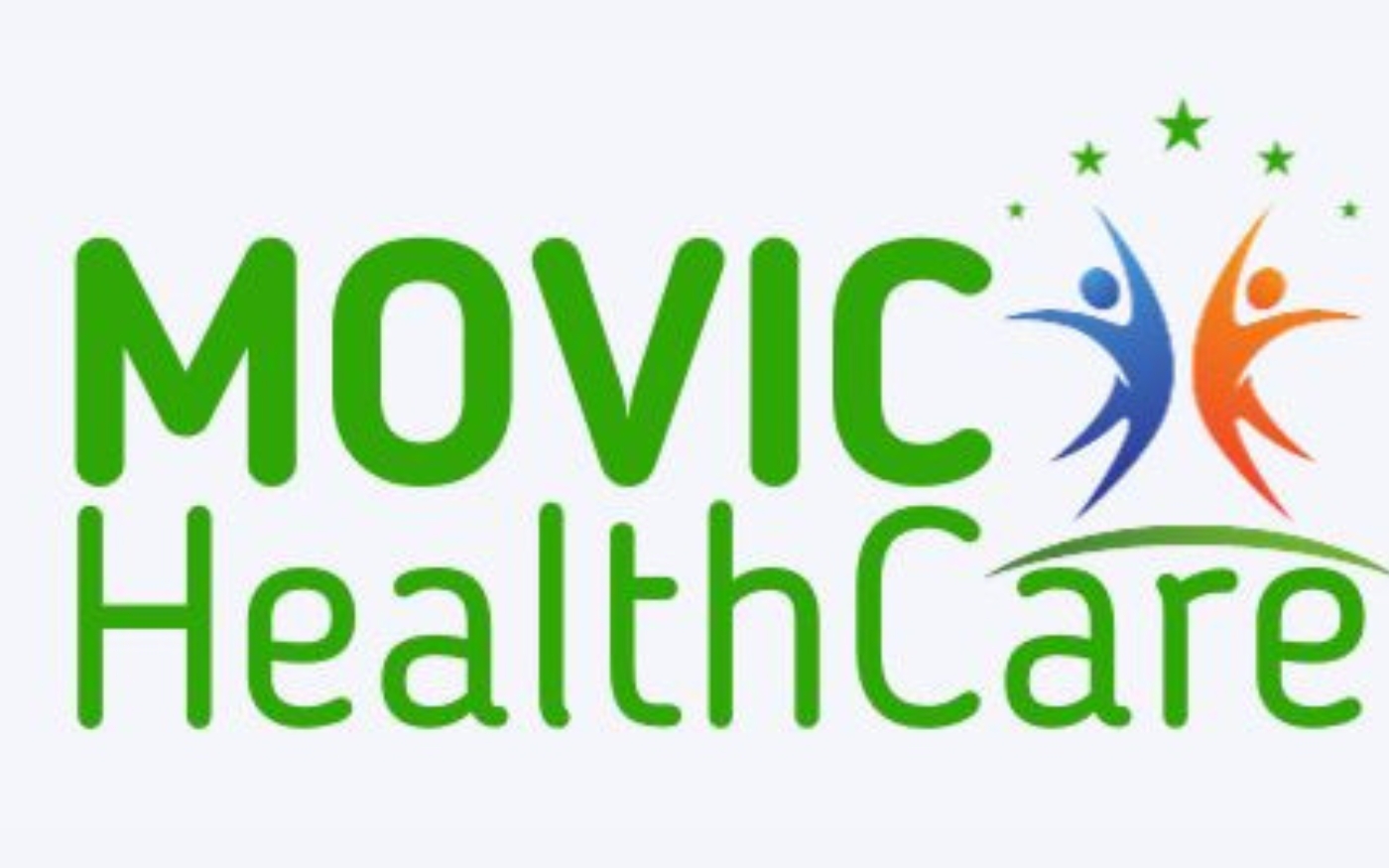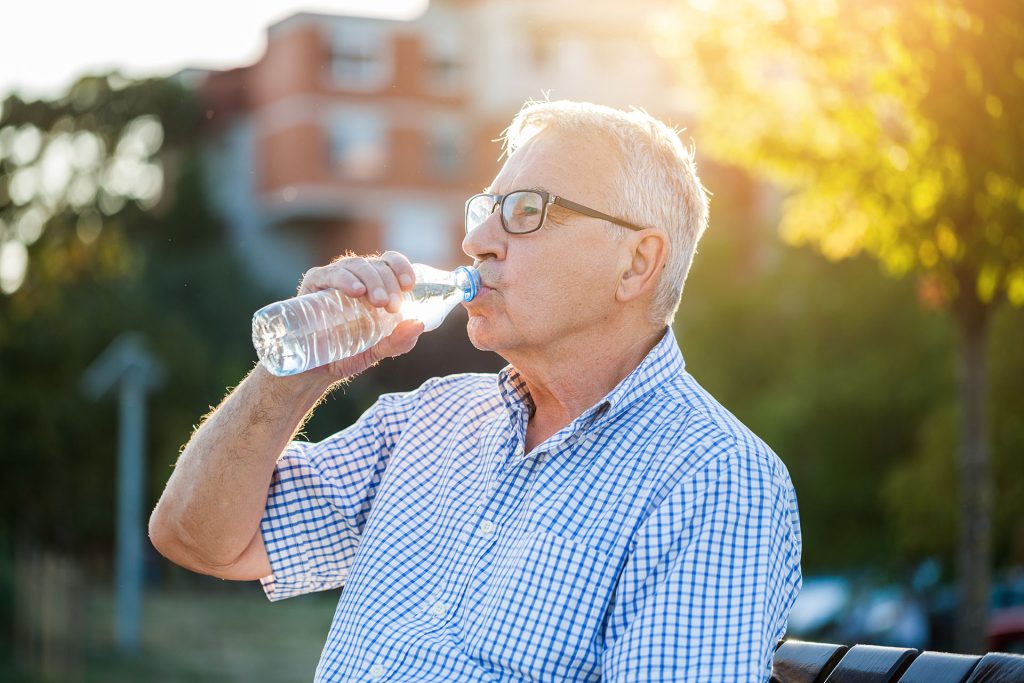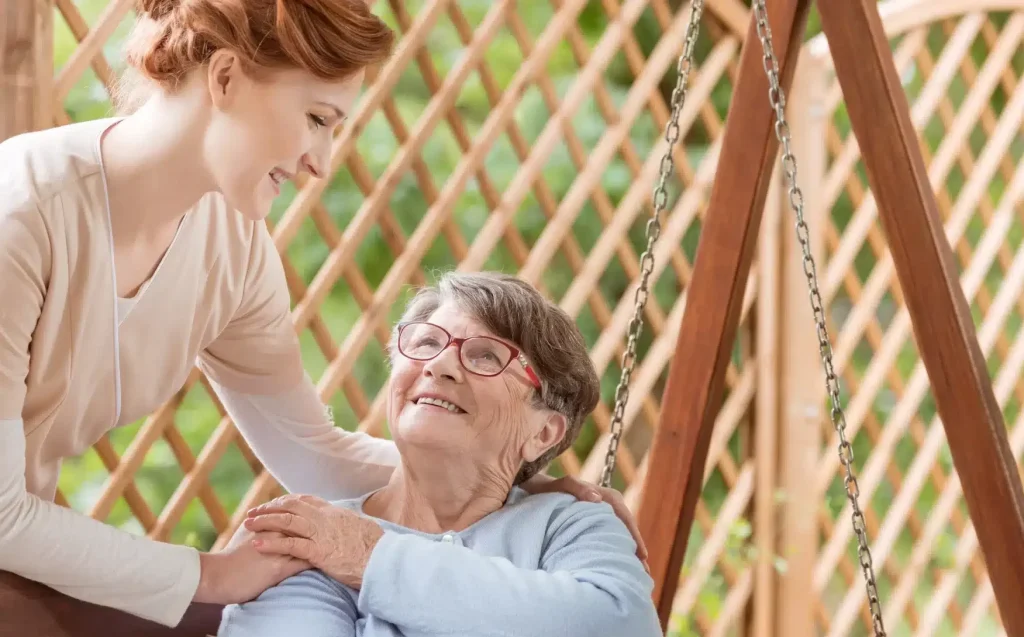Ensuring proper hydration is crucial for seniors receiving home health services. As people age, their bodies undergo various physiological changes that can affect hydration levels. Factors such as decreased thirst sensation, reduced kidney function, medication side effects, and mobility limitations can contribute to dehydration risk among seniors. Therefore, it becomes imperative for home health caregivers to prioritize hydration as part of their care regimen. Let’s delve into the importance of hydration for seniors receiving home health services:
1. Prevention of Dehydration:
Dehydration occurs when the body loses more fluids than it takes in. For seniors, dehydration can lead to serious health complications such as urinary tract infections, kidney stones, confusion, dizziness, and even hospitalization. By ensuring seniors consume an adequate amount of fluids, caregivers can help prevent dehydration and its associated risks.
2. Maintenance of Cognitive Function:
Proper hydration is essential for maintaining cognitive function, particularly in older adults. Dehydration can impair cognitive abilities, leading to confusion, irritability, and difficulty concentrating. Seniors receiving home health services may already be dealing with cognitive decline or other neurological conditions, making hydration even more critical for preserving their cognitive abilities.
3. Supporting Medication Efficacy and Safety:
Many seniors rely on medications to manage various health conditions. However, certain medications can increase the risk of dehydration as they may have diuretic effects or impact fluid balance in the body. By staying adequately hydrated, seniors can better tolerate their medications, reducing the likelihood of adverse effects and ensuring optimal therapeutic outcomes.
4. Prevention of Falls and Fractures:
Dehydration can contribute to weakness, dizziness, and instability, increasing the risk of falls and fractures, which are significant concerns for seniors. Home health caregivers can help mitigate these risks by encouraging hydration, which can improve muscle strength, balance, and overall mobility.
5. Promotion of Skin Health:
Proper hydration plays a vital role in maintaining skin integrity and preventing issues such as dryness, itching, and pressure ulcers. Seniors receiving home health services may spend prolonged periods in bed or seated, making them more susceptible to skin problems. Ensuring adequate hydration can help keep the skin hydrated and resilient.
6. Enhancement of Nutrient Absorption:
Hydration is essential for proper digestion and nutrient absorption. Seniors often face challenges related to poor appetite or difficulty eating, which can further exacerbate the risk of malnutrition. By staying hydrated, seniors can support their digestive health and optimize the absorption of essential nutrients from food.
7. Improvement of Overall Well-Being:
Adequate hydration contributes to overall well-being and quality of life for seniors. It helps regulate body temperature, maintain energy levels, and alleviate common issues such as constipation and urinary tract problems. By prioritizing hydration, home health caregivers can enhance seniors’ comfort and enjoyment of daily activities.
Strategies for Promoting Hydration:
- Encourage regular fluid intake throughout the day, even if the senior doesn’t feel thirsty.
- Offer a variety of beverages, including water, herbal teas, diluted fruit juices, and broth-based soups.
- Monitor urine color and frequency as indicators of hydration status.
- Incorporate hydrating foods with high water content, such as fruits, vegetables, and yogurt, into meals and snacks.
- Use reminders, prompts, or specialized drinking aids to facilitate hydration, especially for seniors with cognitive or physical limitations.
- Ensure accessibility to fluids by placing water bottles or cups within easy reach of the senior’s preferred resting or activity areas.
In conclusion, prioritizing hydration is paramount for seniors receiving home health services to maintain their health, well-being, and independence. By implementing effective hydration strategies and monitoring hydration status regularly, caregivers can play a vital role in supporting the overall health and vitality of older adults under their care.





